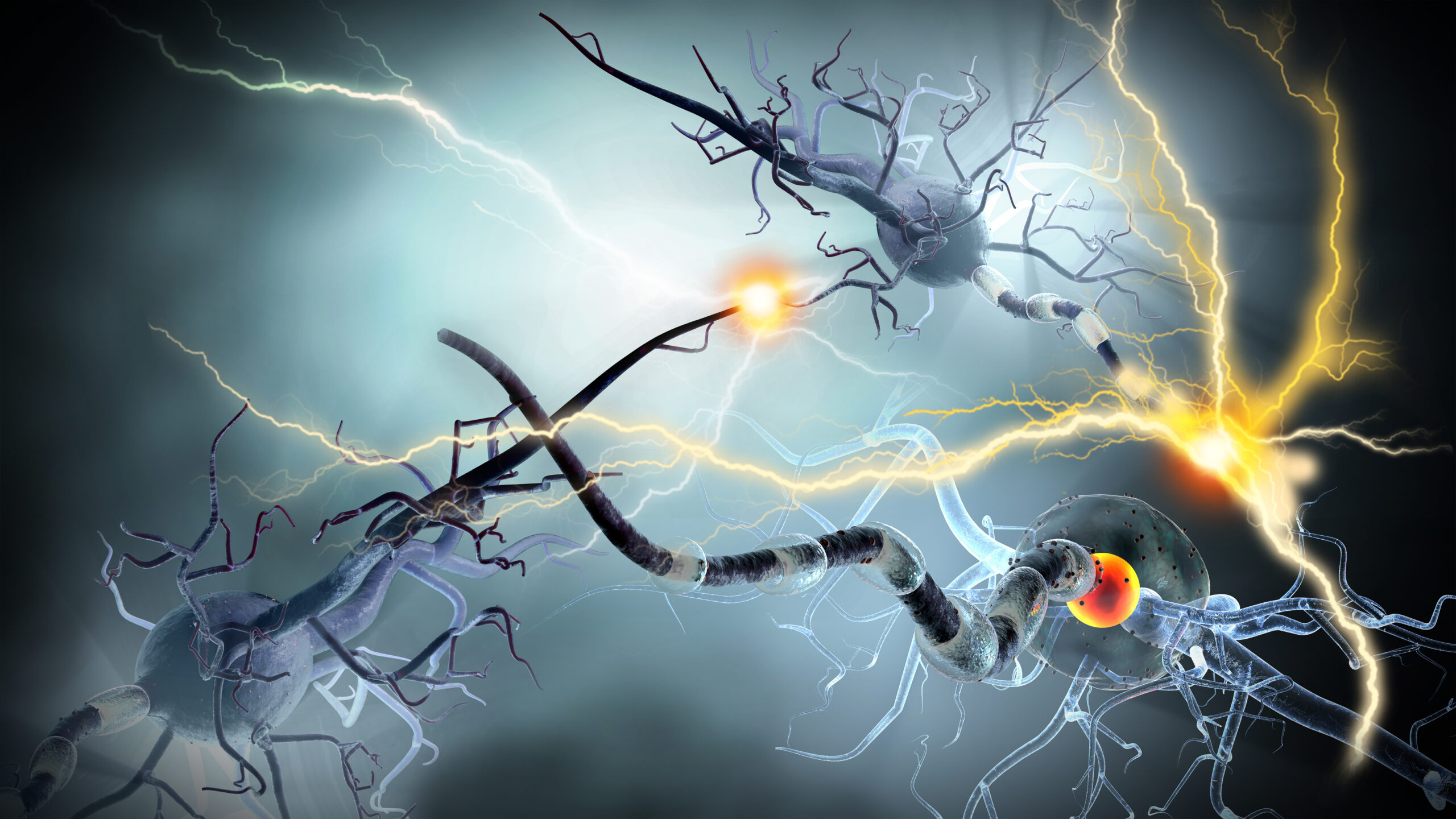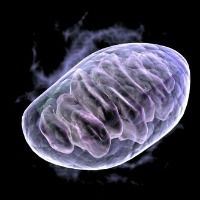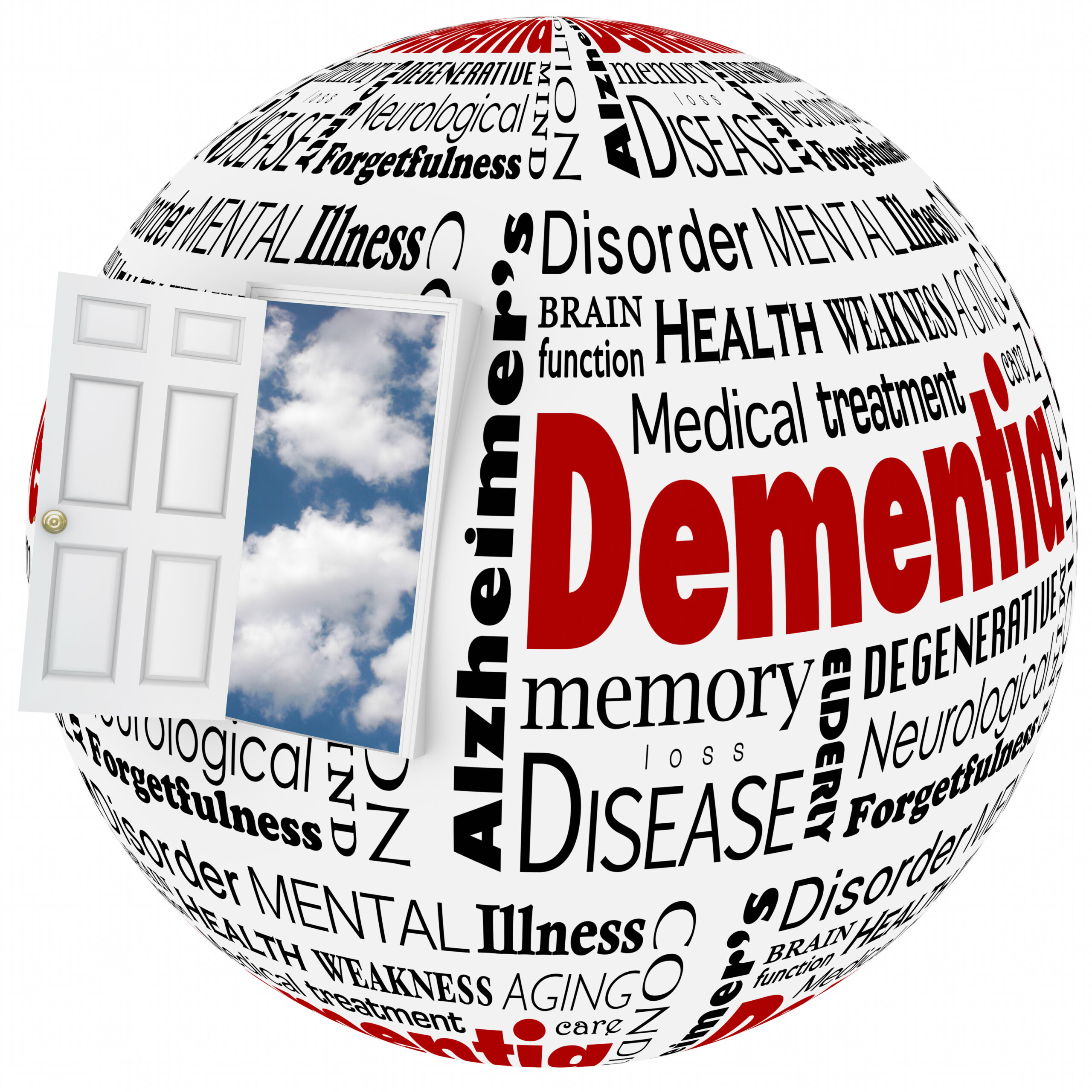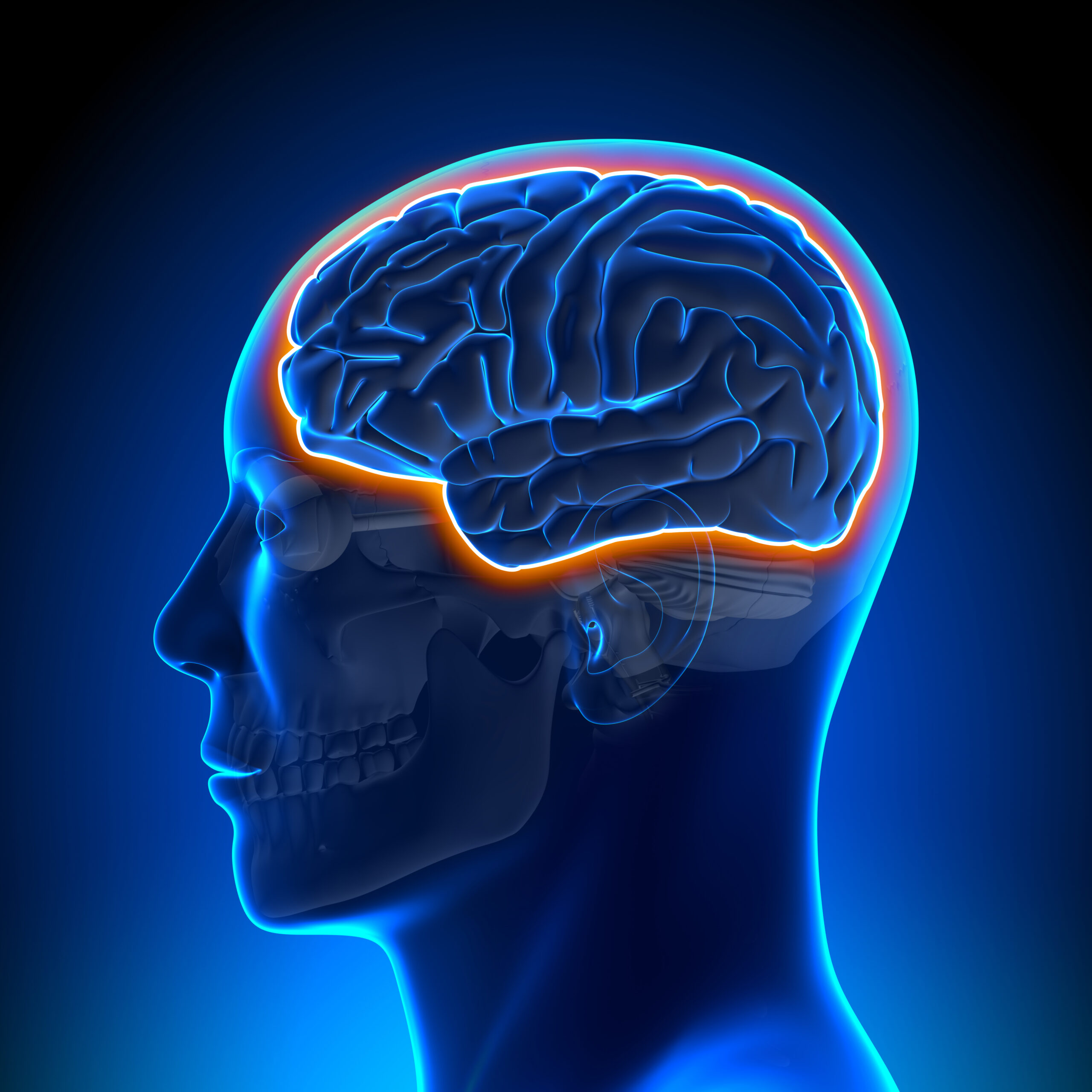A Whole Food Plant Diet and Lifestyle Can Improve Memory in Early Alzheimer's!
Article courtesy of Dr. Joel Kahn, MD, who is a Clinical Professor of Medicine at Wayne State University School of Medicine, one of the world’s top cardiologists, a best-selling author, lecturer, and a leading expert in plant-based nutrition and holistic care. Although heart disease impacts many more people than Alzheimer’s Dementia (AD), people fear AD …











